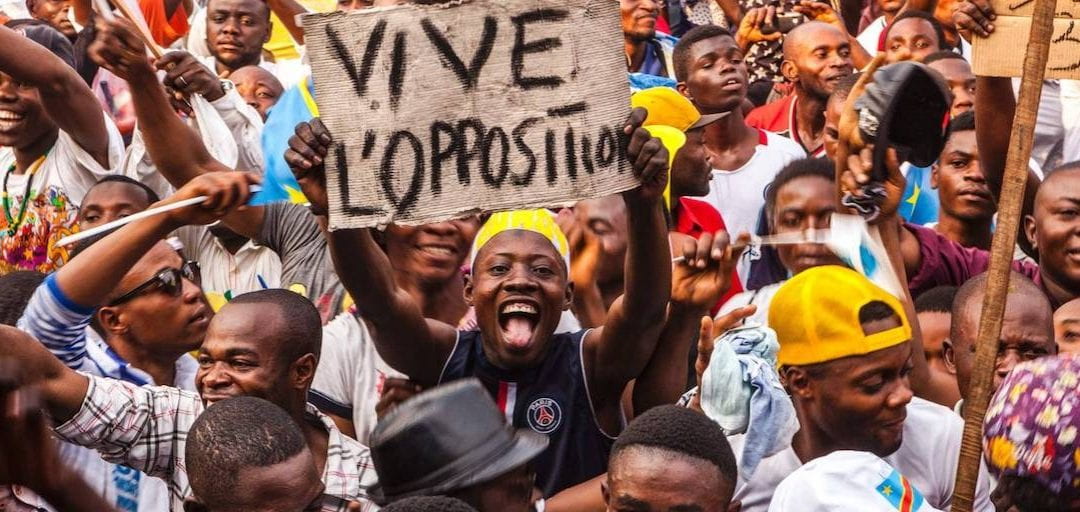
August 24 has long been a date of historical significance, marked by events that have shaped Africa and the wider world. From milestones in decolonization to diplomatic crises and natural disasters, the day offers a lens on history and contemporary challenges.
In Brazzaville on 24 August 1958, General Charles de Gaulle delivered a defining speech during his African tour, outlining the “Community” project.
Later enshrined in the Constitution of France’s Fifth Republic, the initiative granted expanded autonomy to overseas territories while maintaining ties with France, representing a crucial step in the continent’s decolonization.
On 24 August 1924 in Garoua, northern Cameroon, Ahmadou Ahidjo was born.
He would become the first president of an independent Cameroon, serving from 1960 to 1982.
Ahidjo’s tenure was marked by centralization of power and efforts to integrate the country’s French-speaking and English-speaking regions, leaving a lasting imprint on Cameroon’s political development.
More recently, 24 August 2021 saw Algeria sever diplomatic relations with Morocco. Foreign Minister Ramtane Lamamra cited “hostile acts” as the reason, amid long-standing tensions between the two nations. Their land border has been closed since 1994, and disputes continue to shape North African diplomacy.
Beyond Africa, 24 August has been marked by tragedies and migrations. On the night of 23-24 August 1572, the St. Bartholomew’s Day massacre erupted in Paris, killing thousands of Huguenot Protestants. Survivors later sought refuge abroad, with some helping to establish the Huguenot community in Cape Town, South Africa.
In modern times, the date has also witnessed natural disasters. On 24 August 2016, a magnitude 6.2 earthquake struck central Italy in the early hours, devastating towns including Amatrice, Accumoli, and Arquata del Tronto. The quake claimed 299 lives and was linked to tectonic shifts between the African and Eurasian plates.
August 24 thus encapsulates a spectrum of historical, political, and natural events, offering a reflection on Africa’s complex past and the enduring challenges of governance, diplomacy, and resilience.



